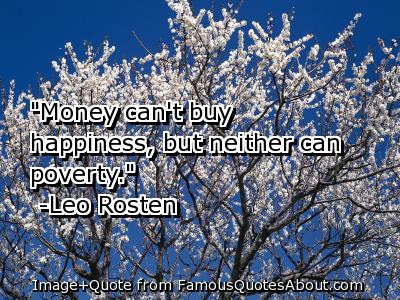Money Tip for the Week-knowing your financials
Everyday is a personal journey to financial security for me. This post is still dedicated to two of my good friends in town who are dating jobless men. They say money cant buy happiness, but honestly now what do we do without money? That is just plain unrealistic.
So, for this week, I want you readers to know the basics of financial statements. If you have your own business like I do, these are the financial papers I need to have. The same principle applies to our financials and our own bank accounts. After reading this, let me know how your numbers add up. =)
1) Income Statement- An income statement tells investors how a company performed over usually a three month period - or a “quarter”It can get nauseating looking at one but it’s actually very simple: There are revenues (what the business brought in from selling goods or services), expenses (what the business had to pay to make those sales), and the bottom line, which is calculated by subtracting expenses from revenues and determining whether the business made a profit or suffered a loss.
HOW TO apply this to you
subtract all your expenses from your revenues then see what the number is and work from there. Expenses are gas, food, entertainment, mortgage for the house, shopping, etc. Revenues could be from interest earned, salary, commission, etc.
2) Balance Sheet - This shows how much money a company has in the bank and how much it owes. It is calculated for each quarter, and for the year as a whole. it provides a pretty clear picture of how a company’s doing. There are two main parts to the balance sheet: assets (like cash, property, inventory, equipment, land), and liabilities (accounts payable, expenses and debt). If you subtract liabilities from assets, you get a company’s net worth. The most profitable companies should see a consistent increase in net worth.
HOW to apply this to you
You know your assets- house, jewelry, stocks, bond certificates. In my case, I include my designer bags, sunglasses or even shoes as assets because I own them and can be converted to cash next time. For some people they consider these as expenses but not for me. hee hee.Liabilities are "utang" like debt, more expenses. So do the math...
3) Cash Flow statement- The cash flow statement tracks the cash that flows in and out of a business. More specifically, this financial statement tells investors whether the company is bringing in more cash than it’s spending, or spending more cash than it’s bringing in. Positive cash flow doesn’t necessarily mean that a company is profitable, but it tells us whether there's enough cash to pay its expenses.
HOW to apply this to you
In personal finance, managing cash flow is the heart of it all. Just earning money and paying the bills is not managing cash flow. Getting by just wont cut it. In Filipino term, the "isang kahig, isang tuka" wont make you survive in the long term. This involves looking at the money you bring in each month and dividing out your expenses into fixed expenses (such as mortgage, utilities, debt repayment, etc.), discretionary expenses (do you need that new lipstick? or those new shoes??), savings and taxes. The key is to work toward having the cash on hand to funnel toward each of those things each month. The fixed xpenses usually are the basic ones-shelter, food, utilities like water and electricity, phone expense which is now considered a necessity (at least the basic plan) Tips for us
1) plan what you will pay for - do not just go on a vacation on a whim especially if you are on a tight budget.
2) reduce debt- this includes paying your credit card bills. If you do not pay the whole amount in full, one is normally charged 3.5% MONTHLY. so that's 3.5 times 12 in a year. Can you imagine how big that is?
3) cut unnecessary spending
Feel free to drop me a line! follow me on twitter @iamheiding, follow this blog on networked blogs and google, instagram @imwanderwoman





i want to be rich like you miss socialite! hehe
ReplyDelete